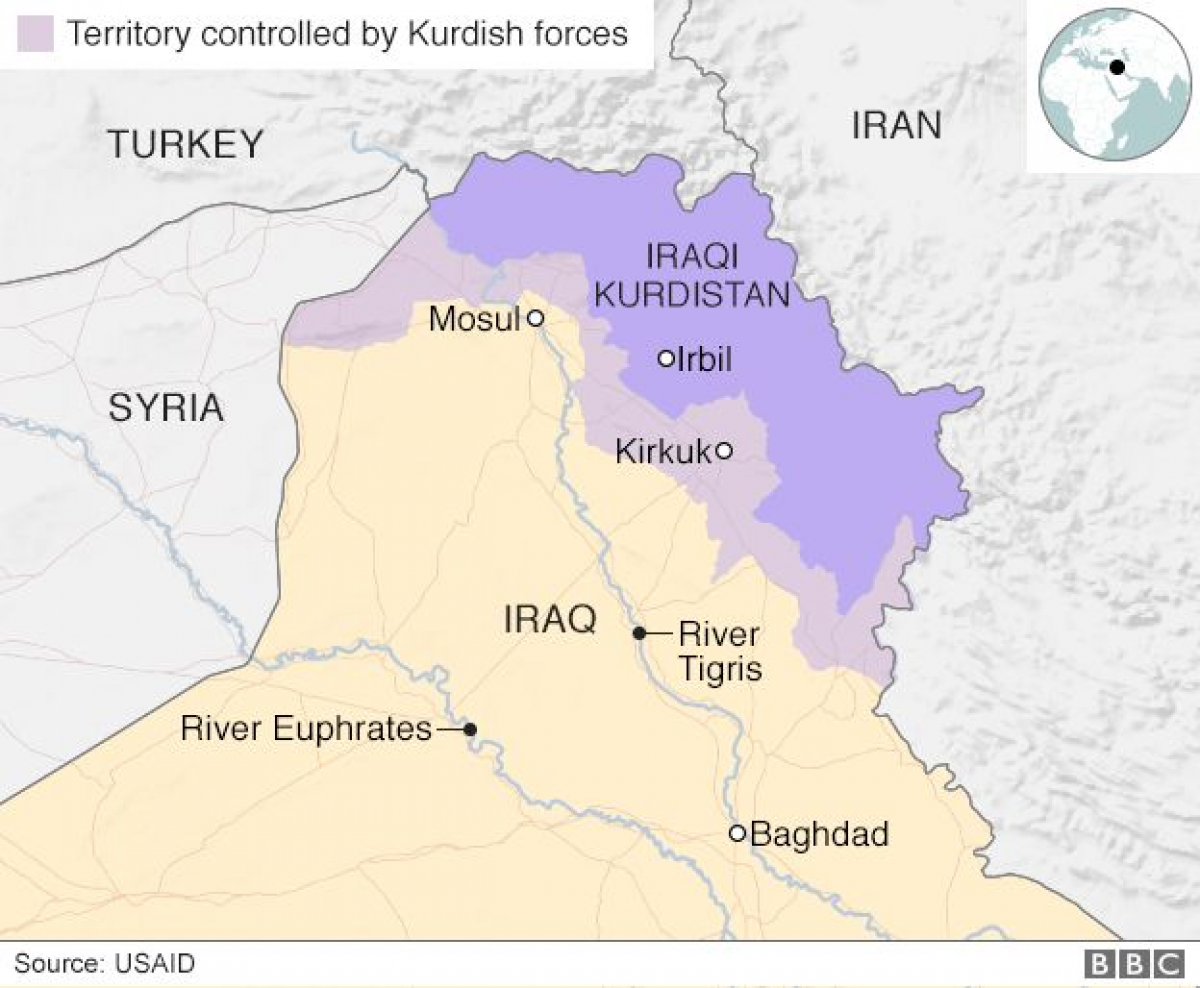Breaking News:

Net-Zero Ambitions Hit Major Roadblocks in Europe, UK, and US
Net-Zero transition targets touted so…

Solar Surplus: California's Renewable Energy Dilemma
California's excess solar power production,…
Kuwait, Qatar Look For Alternatives For Strait Of Hormuz
As tensions in the Middle East continue to escalate with Iran threatening to choke off shipments through oil’s most critical chokepoint, the Strait of Hormuz, two countries are looking for a workaround to avoid the Strait in the event of a closure, according to an Iraqi lawmaker said on Wednesday, cited by Kurdistan24.
Regardless of how unlikely it may be that Iran make good on its threat to close the Strait of Hormuz should the United States effectively bring Iran’s oil exports to zero, the countries that rely on the shipments through the Strait are working in the background, pre-emptively finding a way around should the worst-case scenario come to fruition.
Qatar and Kuwait have both approached Iraq, proposing to use Iraq “as an alternative path for oil transport” should the need arise, through the Iraqi pipeline.
On Tuesday, Iraqi Prime Minster Adil Abdul-Mahdi suggested that it would be possible to move Iraqi oil through the Kurdistan region to the Port of Ceyhan in Turkey.

Source: USAID
Threatening to close off the Strait of Hormuz is a particularly mouthwatering prospect that sees about 18.5 million barrels per day of oil through its narrow passage, according to the EIA, about 80% of which heads to Asian markets.
"According to international law, the Strait of Hormuz is a marine passageway and if we are barred from using it, we will shut it down. In case of any threat, we will have not even an iota of doubt to protect and defend the Iranian waters. We will defend our prestige and embark on reciprocal acts when it comes to defending Iran's right," Iranian Fars news agency quoted Navy Rear Admiral Alireza Tangsiri, Commander of the Islamic Revolution Guards Corps (IRGC) as saying last month.
By Julianne Geiger for Oilprice.com
More Top Reads From Oilprice.com:
- Moscow May Use ‘Nuclear Option’ In European Gas Race
- Bearish EIA Data Sends Oil Lower
- War With Iran Could Send Oil To $250
Julianne Geiger
Julianne Geiger is a veteran editor, writer and researcher for Oilprice.com, and a member of the Creative Professionals Networking Group.
Open57.81
Trading Vol.6.96M
Previous Vol.241.7B

















Both Saudi Arabia and the UAE have pipelines that circumvent the Strait of Hormuz. Saudi Arabia has the 750-mile Petroline (or East-West Pipeline) which runs across Saudi Arabia from the East to the West at the Yanbu port on the Red Sea. Through the Petroline with a capacity of 4.8 million barrels a day (mbd), some Saudi oil could bypass both the Straits of Hormuz and Bab al-Mandeb, linking up with tankers at Yanbu port and from there towards the Suez Canal and the Mediterranean.
The UAE has the Abu Dhabi Crude Oil Pipeline which has a capacity of 1.5 mbd. The pipeline runs from the Habshan onshore field in Abu Dhabi to Fujairah on the Gulf of Oman, bypassing Hormuz.
Iraq is almost totally dependent on the Strait of Hormuz for its oil exports since parts of the Iraqi-Turkish pipeline known as the ITP transporting Iraqi oil from Kirkuk to Ceyhan on the Turkish coast on the Mediterranean are currently out of action.
Kuwait, Bahrain and Qatar have no alternative but to use the Strait of Hormuz. Meanwhile, Iran is building an oil export pipeline on its south eastern coast beyond the Strait of Hormuz expected to be operational by the early 2020s.
Even if the ITP with a full capacity of 1.6 mbd was fully operational, it can’t handle Iraqi exports as well as some 2.5 mbd of Kuwaiti and Qatari exports.
In the long-term, the most practical route for Iraq, Kuwait and Qatar is an oil pipeline across Iraq to the Jordanian port of Aqaba on the Red Sea or alternatively across Syria to the Mediterranean. Given the previous and current geopolitical complications between the three countries, it will be a very long time before such a pipeline becomes a reality.
A more practicable one is a pipeline from Iraq to Aqaba. Another one is a pipeline from Iran across Iraq and Syria to the Mediterranean. However, Iran is already building an oil export pipeline on its south coast beyond the Strait of Hormuz.
The world could ignore Iran’s threat to block the Strait of Hormuz at its own risk. Iran is not seeking a war with the United States but it will retaliate if its crude oil exports were prevented from passing through the Strait of Hormuz. And while it will be virtually impossible to block the Strait completely, Iran can nevertheless mine it and wait for an oil tanker loaded with oil to hit a mine. That alone could deter oil tanker owners and insurance companies from sending their tankers across the Strait.
Dr Mamdouh G Salameh
International Oil Economist
Visiting Professor of Energy Economics at ESCP Europe Business School, London